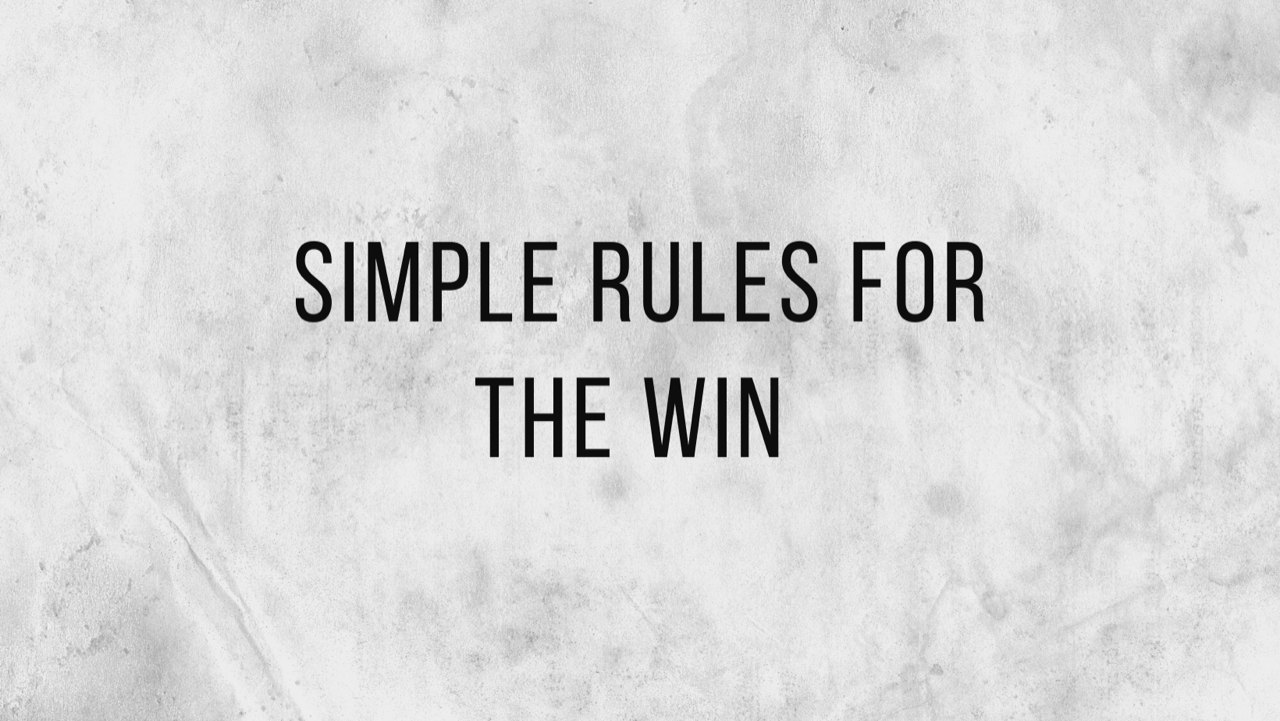Why it pays to 'Think Big'
One key theme that often appears when reading the biographies of successful people is their willingness to ‘think big’.
When they conceive an idea, they don’t limit themselves to the lower end of possibility.
Instead, they ask themselves ‘what’s the biggest possible outcome I can achieve’?
The thinking behind this is simple: it takes just as much time to think of a small idea as it does to think of a big one.
It also often takes just as much effort to execute something big as it does to carry out something more modest in ambition.
For example, starting a restaurant versus creating a restaurant franchise will take a similar amount of time and effort, but the latter has the opportunity to make much more money.
One of the best books we’ve read on this topic was The Magic of Thinking Big by David J. Schwartz.
After reading a few chapters, it becomes clear that there really is no downside to being ambitious with your thinking.
The worst-case scenario is you end up fulfilling something at the lower end of the scale, which is better than nothing. In the best-case scenario, you will end up achieving something extraordinary and of great value.
So why don’t we think big more often?
One of the reasons is because we are conditioned by society, not to. Any big plans we share publicly are often ridiculed.
Nobody is immune to this.
To illustrate, Elon Musk’s space heroes believed his dream of creating reusable rockets for space was an impossible fantasy.
The second reason is that we are also naturally wired to be risk-averse. The evolutionary desire for survival drove this.
Thankfully, most of us no longer face a day-to-day threat of attack by predators, but our inbuilt warning system is still there.
This same system is what prevents more of us from taking risks like starting companies or creative side-projects.
This is a shame as, in the vast majority of cases, the potential upsides now far outweigh the downsides.
If you do fail, not only are you unlikely to die, you’re also unlikely to face complete ruin financial either (assuming you haven’t bet the farm!).
Life, after all, is risk.
Fortunately, most of them are so small that we don’t even notice them.
Remember, life is too short to think small. Or as the billionaire, Sir Richard Branson once said, “If your dreams don’t scare you, they are too small.”






